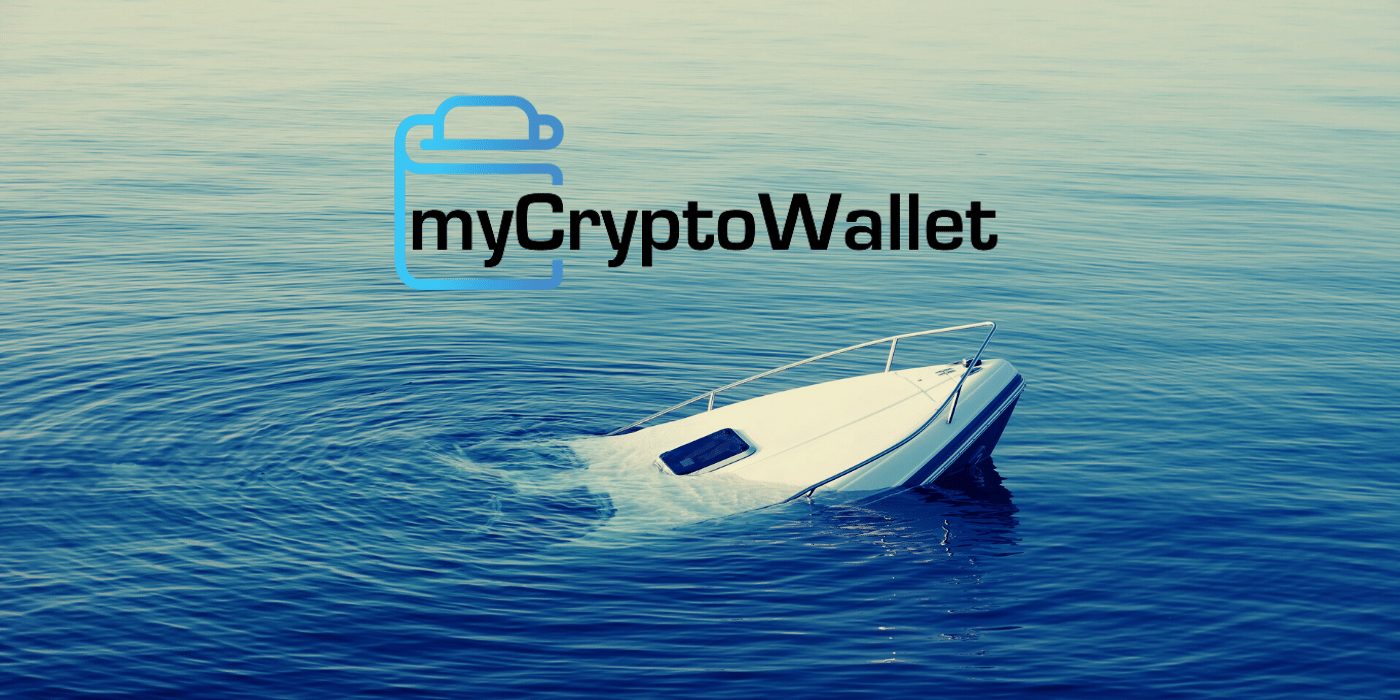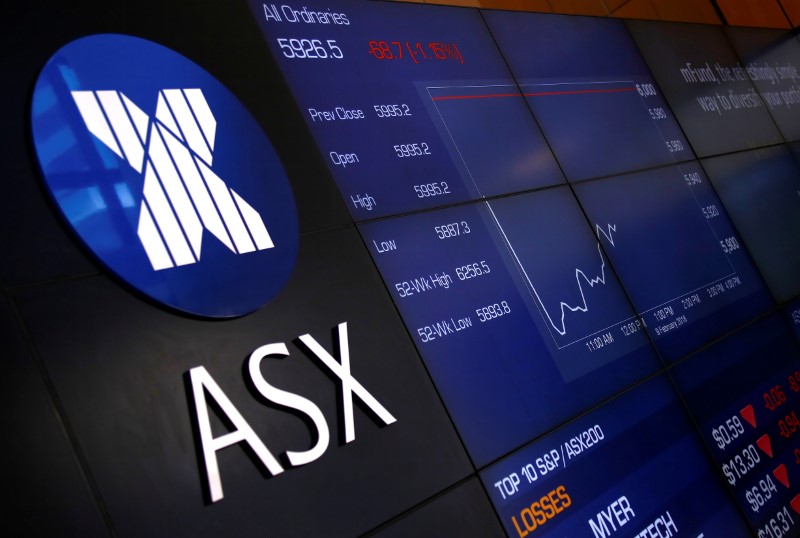Almost three in 10 Australians now own (or have owned) crypto, according to the 2021 Independent Reserve Cryptocurrency Index (IRCI), released this week.
Conducted nationally, the third annual IRCI survey revealed the following key points:
- Exactly 28.8 percent of Australians now own or have owned crypto (up from 18.4 percent in 2020).
- The proportion of women who own crypto has almost doubled from 10.1 percent in 2020 to 20 percent.
- Up from 78 percent in 2020, 89 percent of Aussie crypto owners report having made money or broken even.
- Bitcoin remains the most popular cryptocurrency with 89.1 percent of Australians aware of it and 21.1 percent owning it.
2021 a ‘Bumper Year’ for the Australian Crypto Industry
By its own reckoning, the IRCI survey provides a benchmark for the awareness, trust and confidence everyday Australians place in digital currencies. In the words of Independent Reserve CEO Adrian Przelozny, “This has been a bumper year for the crypto industry, with new products like ETFs hitting the market and providing more alternative investment opportunities for Australians, but the sector still desperately needs regulation to catch up and provide greater security for both investors and cryptocurrency businesses”.
“Our IRCI results this year support this, with 28.6 percent of Australians who don’t currently own crypto telling us they would invest if there were better consumer protections in place. Another 26.6 percent said they’d buy crypto if industry regulation was improved.
Although Australian regulators and government agencies may have taken a while to get their heads around cryptocurrencies and other digital assets, Australians themselves have sped ahead and we’re really seeing that in past year, as an asset class, crypto has gone from the fringe to the mainstream.
Adrian Przelozny, CEO, Independent Reserve
Bitcoin Still King Down Under
Unsurprisingly, the IRCI survey found that Bitcoin remains the best-known and most popular cryptocurrency, with almost nine in 10 Australians saying they’ve heard of it and more than one in five owning it. The next ranked crypto is Ethereum, at 11 percent (up from 5 percent ownership in 2020).
Another poll conducted by Coinspot earlier in 2021 contained a bold prediction from some Australians that bitcoin would pass the A$100,000 mark by the end of this year.
Millennials and Gen Z Lead the Crypto Charge
Unsurprisingly, the 24-34-year-old age group was the most trusting of crypto, with 27.6 percent saying they bought in expressly to get rich. Doubters were most likely to be found in the 65+ age group.
Comparison site Finder reported in its September survey that Australians had amassed over A$7 billion in crypto with 31 percent of the Gen Z population leading the investment charge, a figure that had effectively doubled since January 2021.
If you’re looking to open an account with Independent Reserve, who also announced a sponsorship deal with the Sydney Swans AFL team this week, you can follow some simple steps here and could be buying crypto within minutes.















